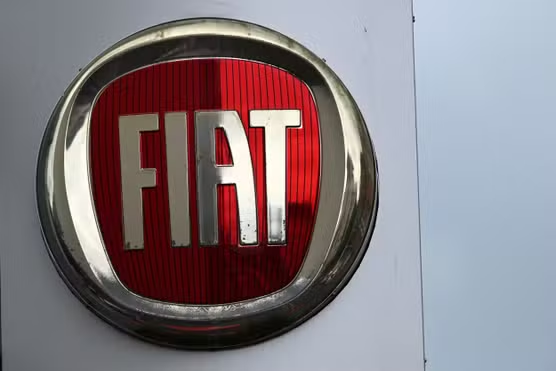Paris, July 17 — French prosecutors have called for Italian automotive group Fiat to stand trial over allegations of emissions fraud, marking the latest chapter in the far-reaching “Dieselgate” scandal that has shaken Europe’s car industry for nearly a decade.
According to a source close to the case, the Paris prosecutors’ office submitted its demand on June 30, accusing Fiat of aggravated fraud involving the sale of diesel vehicles that routinely exceeded nitrogen oxide (NOx) emission limits. The alleged offenses involve models sold under the Fiat, Alfa Romeo, and Jeep brands between 2014 and 2017.
The vehicles in question are believed to have been equipped with engines that surpassed regulatory pollution thresholds under real-world driving conditions, despite passing laboratory emissions tests. NOx emissions are known to pose serious health risks, including respiratory and cardiovascular damage.
This is the fourth such legal move by French prosecutors against major automobile manufacturers in connection with diesel emissions fraud.
Previous prosecutions have targeted Volkswagen, Peugeot-Citroën, and Renault, underscoring the scale and longevity of the scandal, which first emerged in 2015 when Volkswagen admitted to manipulating emissions data in millions of diesel vehicles worldwide.
In May, a German court convicted four former Volkswagen executives in relation to the scandal, sentencing them to prison terms, some of which were suspended. The revelations prompted regulatory reforms and financial penalties across the sector, with billions paid in fines, recalls, and legal settlements.
In the French case against Volkswagen filed earlier this year, prosecutors noted that nearly one million French customers bore the cost of vehicle servicing and repairs stemming from the emissions violations.
For Fiat, the demand for trial comes amid ongoing scrutiny of its parent company, Stellantis, formed from the merger of Fiat Chrysler and France’s PSA Group in 2021. Stellantis has not publicly commented on the latest development but has previously denied any wrongdoing in emissions-related inquiries.
The Paris prosecutor’s request will now be reviewed by an investigating judge, who will determine whether the case proceeds to court. If approved, Fiat could face significant legal and financial consequences, potentially adding further pressure on the automaker as it navigates Europe’s transition toward stricter environmental standards and electric mobility.
The continuing legal fallout from Dieselgate reflects persistent regulatory efforts across Europe to hold automakers accountable for environmental compliance and consumer transparency—an effort that appears far from over.
